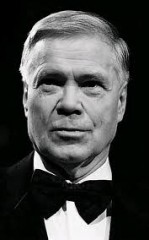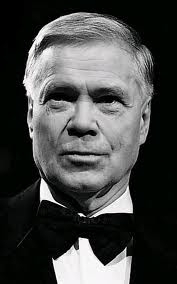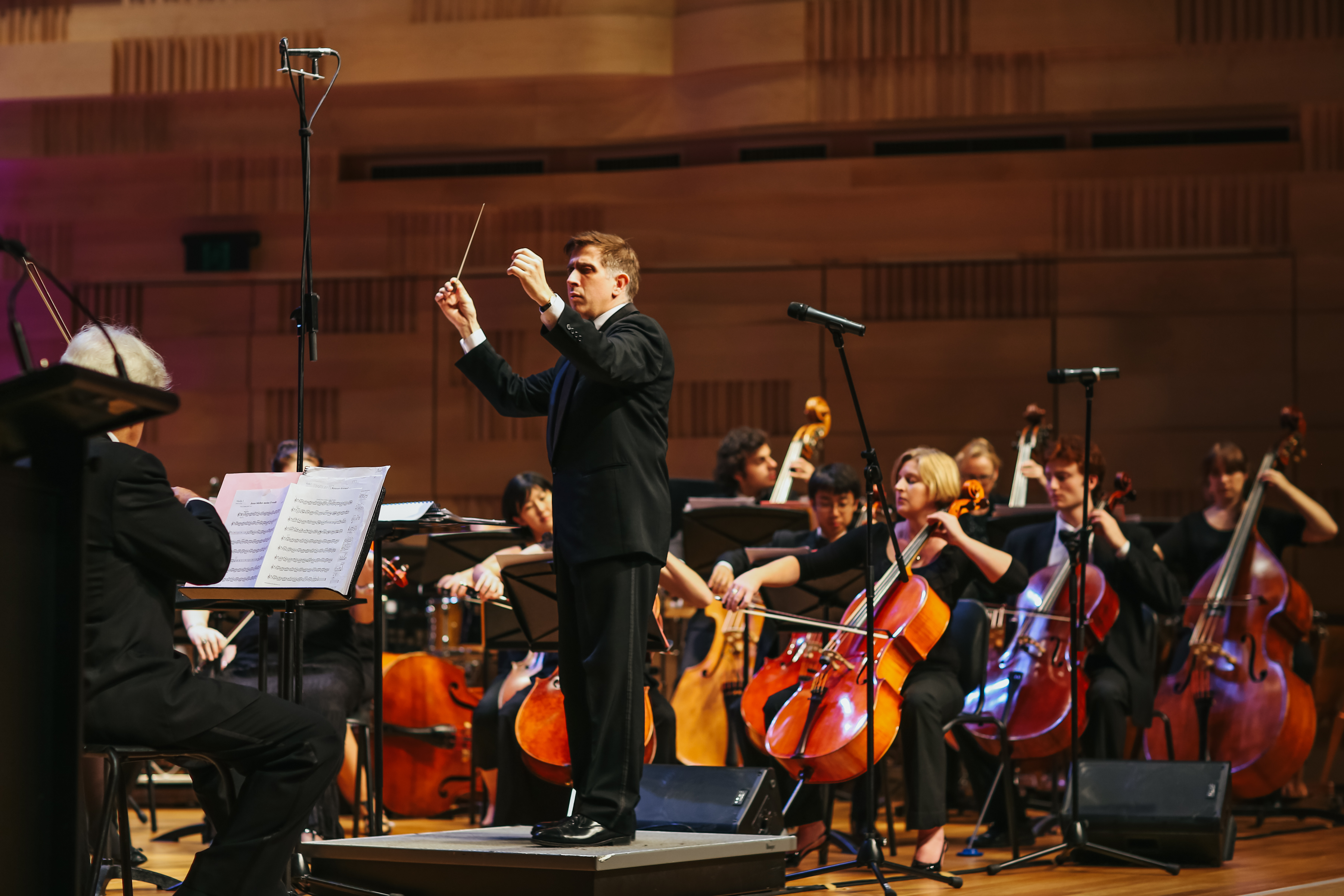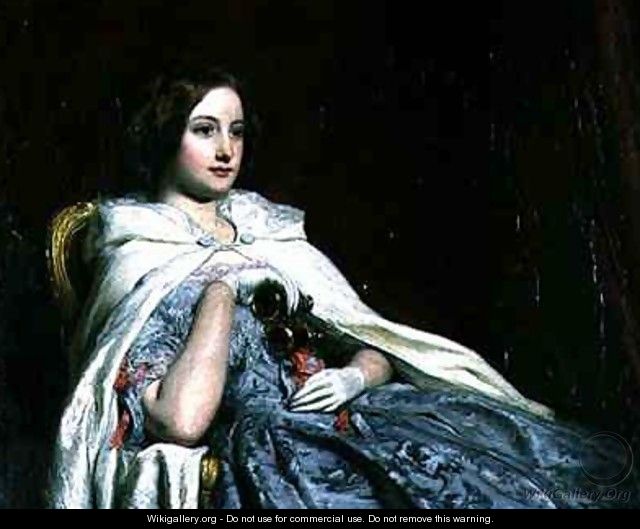The inspirational power of Fischer-Dieskau

Rising opera singer and lyric baritone Raphael Hudson explains why Dietrich Fischer-Dieskau’s legacy is so central to the art of singing and expresses a very personal view of the inspirational power of this iconic role-model.
Dietrich Fischer-Dieskau changed the face of Lieder and Art Song. Before him, there were excellent singers who performed Lieder very well, often with stronger vocal instruments than his. However, Fischer-Dieskau created an entirely new paradigm for singing in his approach to text, phrasing, and vocal colour. He did not sing with one voice or one technical approach. He had a raft of voices, larynx positions and techniques which he used to produce a dazzling spectrum of colours, hues and shades. He applied his vocal palette with a severe and rigorously intelligent approach to interpretation. He carefully analysed every word and gave the text and sentiment of the line, stanza, piece and cycle, dominance over a single aesthetic conception of a good healthy sound. He was particularly conscious of the need to de-emphasise some phrases and sing others in an ugly and harsh way.
From a technical perspective, Fischer-Dieskau was unique. As a lyric baritone, he distinguished himself by his mastery of innumerable shades of messa di voce. He was able to bring his voice down to a pure and focused whisper, seconds after a full throttle growl in ‘chest voice’. His unsurpassed ‘head voice’ was warm and delicate and delivered with impeccable piano legato. Yet, his true voice had plenty of cut and bite when needed. These vocal gymnastics were achieved without falsity; Fischer-Dieskau’s many voices remained distinctly his own. To those who know his voice, he is instantly recognisable at any moment of any recording.
In his youth, Fischer-Dieskau had a great facility in the high register and often eschewed accepted transpositions in favour of the original higher key. As the world’s most recorded artist, there are plenty of flawless recordings that can be feasted on. The following rendition of Erstarrung with Jörg Demus, from my favourite recording of Schubert’s Winterreise, was recorded in 1966 and is indicative of the early period I have described above:
http://www.youtube.com/watch?v=zkP4H2WdSiY
In oratorio, Fischer-Dieskau’s approach was highly romantic and filled with pathos. In this recording from Mendelssohn’s Elijah, he channels the prophet’s courageous prayer, Lord God of Abraham, calling upon God to manifest his power in the face of Ba’al’s priests:
http://www.youtube.com/watch?v=oqB0oK36rNM
In his late period he took on heavy operatic roles far beyond those his voice would normally have warranted. He brought a fresh interpretation to these roles, but it was at the expense of the beauty and range of his voice. In some of his later recordings he sounds harsh and strained, obscuring his interpretative genius. This was not helped by a rather dark and depressive streak in his late recordings, which lacked the passion of his youth.
Yet here, he brings new light to Rigoletto. Although controversial, this was one of Fischer-Dieskau’s more convincing operatic roles. He omitted some of the high notes and sang piano to a much softer level than is than is the accepted standard today. He was firmly of the belief that Verdi’s music should be performed as written, and was dismayed at the brutal verismo style of the performance of Verdi in modern times. Listen to the perfect esclamazione viva Fischer-Dieskau performs with words “tu taci” in Cortigiani vil razza dannata:
http://www.youtube.com/watch?v=ORdqlU2DoEk&feature=related
Of course, he lost his delicacy with age, but his voice was more powerful and his genius in Lieder still undeniable. As a contrast to the Demus recording of Winterreise we heard above, here Fischer-Dieskau sings Die Krähe, the 15th song in the same cycle, at the age of 65 (mature for an opera singer):
http://www.youtube.com/watch?v=bfhYUmKaURM
From a personal perspective, Fischer-Dieskau has been a huge part of my life and an important influence on the singer I am today. One of my first deep musical experiences was listening to him, accompanied by Gerald Moore, singing Frühlingstraum on my parents’ LP of Winterreise. It may have been this:
http://www.youtube.com/watch?v=JuWffLJK0tk
Later on, when I started training as a singer, much of my formation was in Lieder. When given a new work to study, I would always first go to Fischer-Dieskau who had recorded almost the entire repertoire in immaculate detail. I grew up listening to him, copying his interpretations and attempting to achieve his vocal shades. Eventually, as I began to forge my own path, I listened to Fischer-Dieskau less and derided some of his technical deficiencies. Yet in my darkest sufferings I always returned to the Fischer-Dieskau/Demus Winterreise, which captured my feelings precisely. Travelling through the winter journey and confronting Fischer-Dieskau’s dark wisdom always achieved an exquisite catharsis for me.
Despite his age, I thought I would meet him one day. I would love to have known the fierce intelligence behind the voice. Now that will remain an abiding regret. I can only say goodbye to Fischer-Dieskau with music. I wish him deserved repose. Fischer-Dieskau gives this to us with Schubert’s tender Du bist die Ruh:
http://www.youtube.com/watch?v=a_sfQVKGSgw
But I do not wish him a silent rest without movement. Only peace and release. Thus, I think that this tribute must end with the knowledge that Fischer-Dieskau’s legacy is eternal and repose never silent. The great man sings his own farewell to this world with Mahler’s lingering, echoing final words in Das Lied von der Erde: Ewig, ewig….
http://www.youtube.com/watch?v=Swzo_Wv20Ts
Raphael Hudson
Raphael Hudson is a young lyric baritone in demand on the operatic and concert stage. This weekend he is performing both the role of Louis for Sydney Independent Opera in Gustav Holst’s The Wandering Scholar (tickets available at http://theindependent.org.au/whats-on/, and is the baritone soloist for Carl Orff’s Carmina Burana at Sydney Town Hall this Saturday night (tickets available at http://boxoffice.mca-tix.com.au/ticketing/SearchDate.aspx )
Raphael Hudson studied singing for 11 years with Max Speed, Megan Evans OAM and James Christiansen OAM, and is currently studying with John Bolton Wood AM.
Originally from Brisbane where he was a Cantor at St Stephen’s Cathedral, and a member of the Opera Queensland Chorus, Raphael is now in high demand on the operatic and concert stage.
Recent operatic credits include Enrico (Lucia di Lammermoor), Escamillo (Carmen), Lord Mountararat (Iolanthe),and Don Parmenione (L’occasione fa il Ladro), for companies including Rockdale Opera, Sydney Theatre, Sydney Independent Opera, and National Youth Opera.
Last year, Raphael performed Aaron Copland’s Old American Songs with the TOPS orchestra at Sydney Town Hall. In 2012 Raphael is working his way through a performance schedule, including engagements for Sydney Independent Opera as Louis in Gustav Holst’s The Wandering Scholar and Blansac in Rossini’s La scala di seta; Zurga in Bizet’s Les Pêcheurs de Perles for Sydney Lyric Opera; as well as concert engagements in Sydney, Canberra and Brisbane.






One Comment